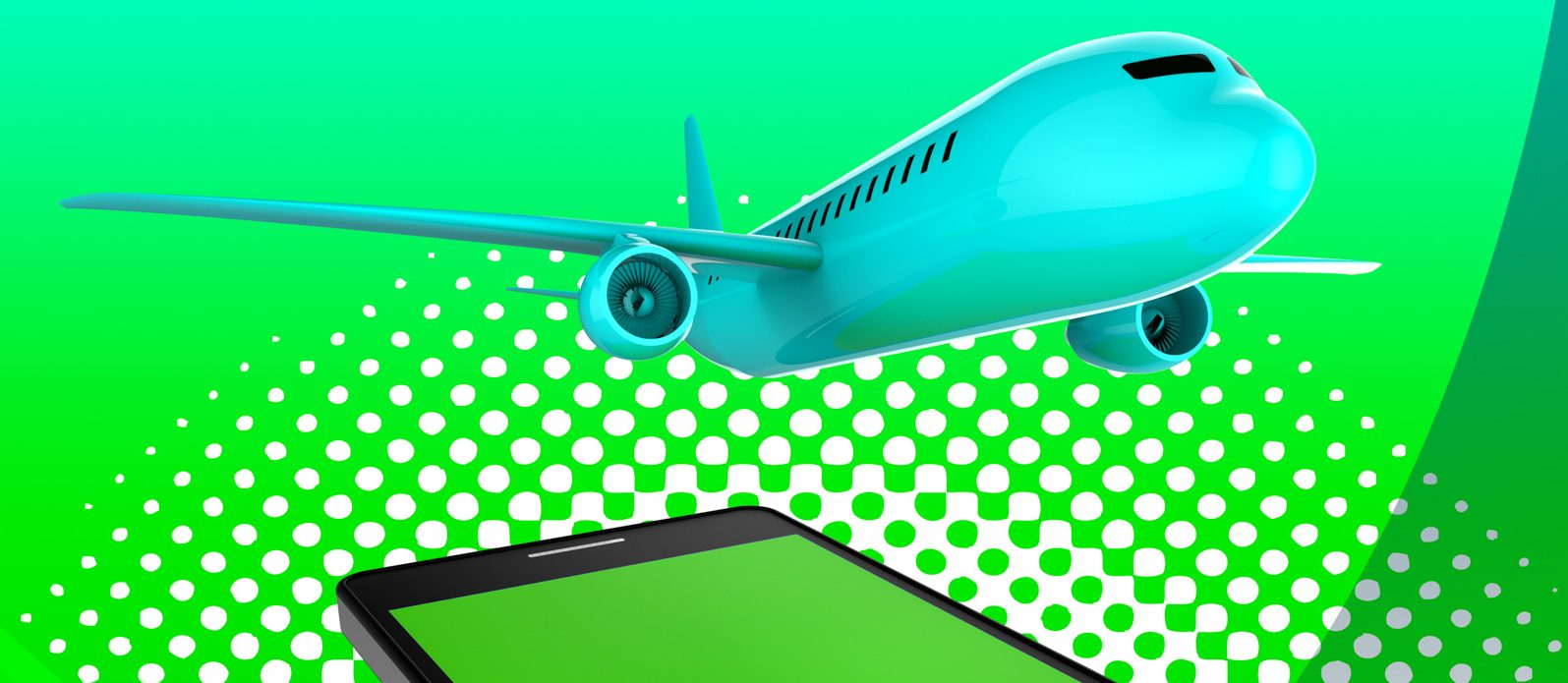Middle East airlines witnessed a 9.5 percent demand increase, but the laptop ban and the implications of Brexit are expected to weigh on further growth through 2017, said the International Air Transport Association (IATA) on Sunday.
IATA said, globally, the underlying growth rate was estimated at 8.6 percent, just under January"™s increase of 8.9 percent.
Middle East carriers saw their passenger load factor climbing for a fourth consecutive month to 74.3 percent, up 1.8 percentage points over last year.
North American airline"™ traffic climbed 0.3 percent, which was the slowest among the regions.
However, IATA expects new hurdles to growth, globally and in the Middle East in particular.
Personal laptops and tablet computers have been banned for six months from March 21 on direct flights to the U.S. from 10 airports in the eight countries, namely Saudi Arabia, United Arab Emirates, Egypt, Jordan, Kuwait, Qatar, Turkey and Morocco.
The UK followed swiftly and imposed similar ban from all airports in Egypt, Jordan, Lebanon, Saudi Arabia, Tunisia, and Turkey. The move has sparked an outrage among Mideast carriers and passengers alike.
IATA said the potential implications of the Brexit talks on the air transport industry are "significant and the political rhetoric of protectionism and closing of borders is adding to the ambiguity."
On March 29, British Prime Minister Theresa May invoked Article 50 of the Lisbon Treaty, paving way for two-year negotiations with the United Kingdom"™s objective to leave the 28 member states bloc.
"It"™s intolerable that governments continue to add to the uncertainties facing the air transport industry by failing to engage airline operational know-how on issues that can damage public confidence, said Alexandre de Juniac, IATA Director General and CEO.
De Juniac added "The introduction of restrictions on the carry-on of large electronic devices was a missed opportunity and the result was a measure that cannot stand-up to the scrutiny of public confidence in the long term."



